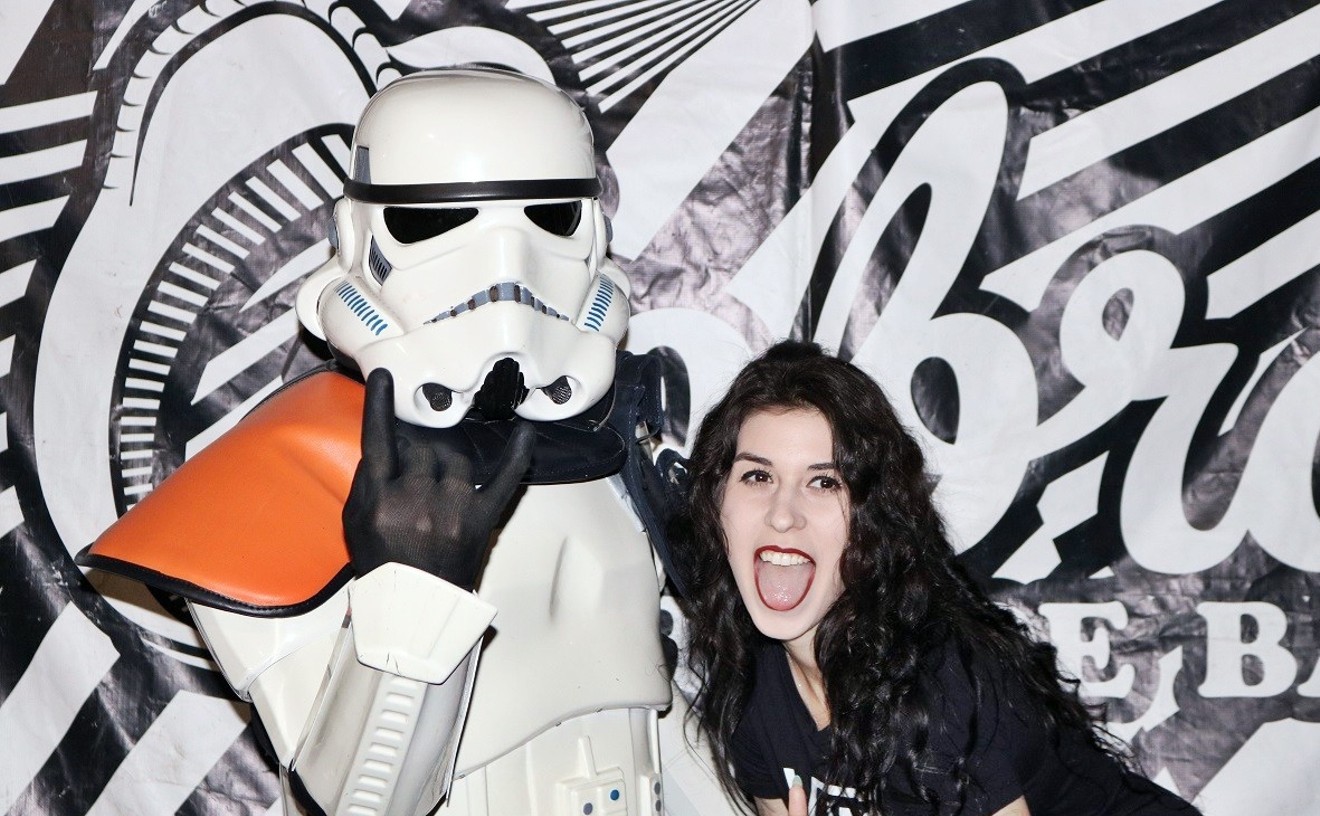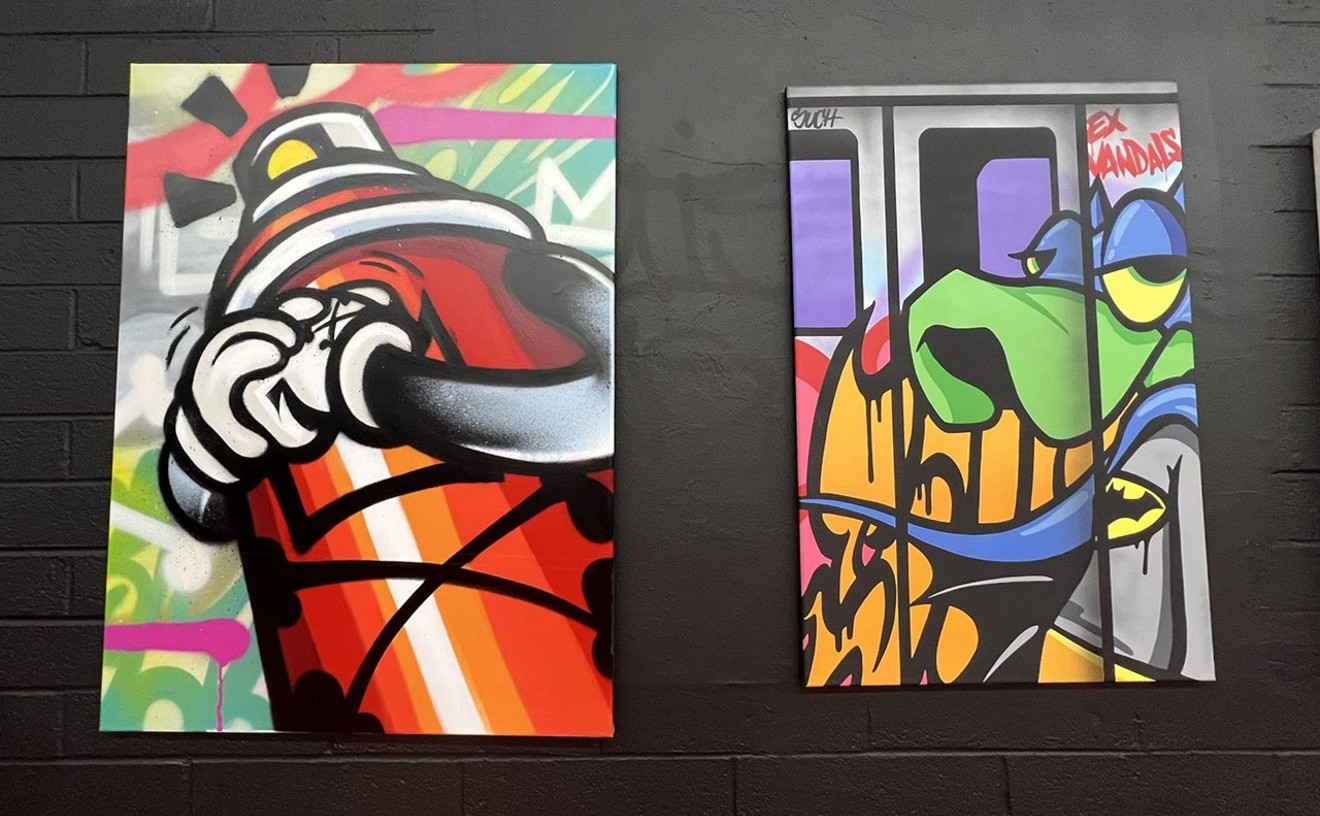This distinction aside, Strawberry and Chocolate is nothing earthshaking, but it's very pleasant, mainly because of the delightful performance of Jorge Perugorra (here making his feature debut) as Diego, the gay subversive. Diego spots the uptight university man David (Vladimir Cruz) eating ice cream at an outdoor cafe in Havana, plops himself down at the table and flirts hilariously with him, gushing about the strawberries in his dish and asking David if he's read various banned authors.
David, scandalized, tells his political mentor (Francisco Gatorno) about the encounter, and is told to start visiting Diego to gather evidence against him. Instead, very slowly, the two begin to bond. David is unshakably straight, but he and Diego become close friends. David begins to awaken to the pleasures of "subversive" culture, which here includes religious icons and Garca Mrquez novels. Diego even helps to arrange for David to lose his long-standing virginity to the government "vigilance woman" in his building, a chronically depressed but companionable fag hag named Nancy (Mirta Ibarra).
Diego is a somewhat sentimental figure--he's a little too perfectly wise and funny--and David is rather dully callow. But the acting, especially of the handsome Perugorra, is so lively and warm that the schematic obviousness of the script (by Senel Paz) isn't annoying. The film is deeply lovely to look at, too--the directors, Toms Gutierrez Alea and Juan Carlos Tabo, and the cinematographer, Mario Garca Joya, make Havana look like an externalization of Diego's sunny, breezy spirit (maybe the film escaped Cuba because of its value as a tourism commercial).
Diego has a poster for Some Like It Hot on the wall in his invitingly cluttered apartment, and late in the film, when David echoes that film's famous final line ("Nobody's perfect"), we see that he's learned something about tolerance. Strawberry and Chocolate inspires tolerance for itself. It's not a great movie, but it's the last thing one expects a Cuban movie to be: It's sweet. It's also probably a little too cute, a little to puckish and pleased with itself--the exact foibles one would attribute, indulgently, to Diego. Because they're endearing in the character, they're endearing in the movie.










